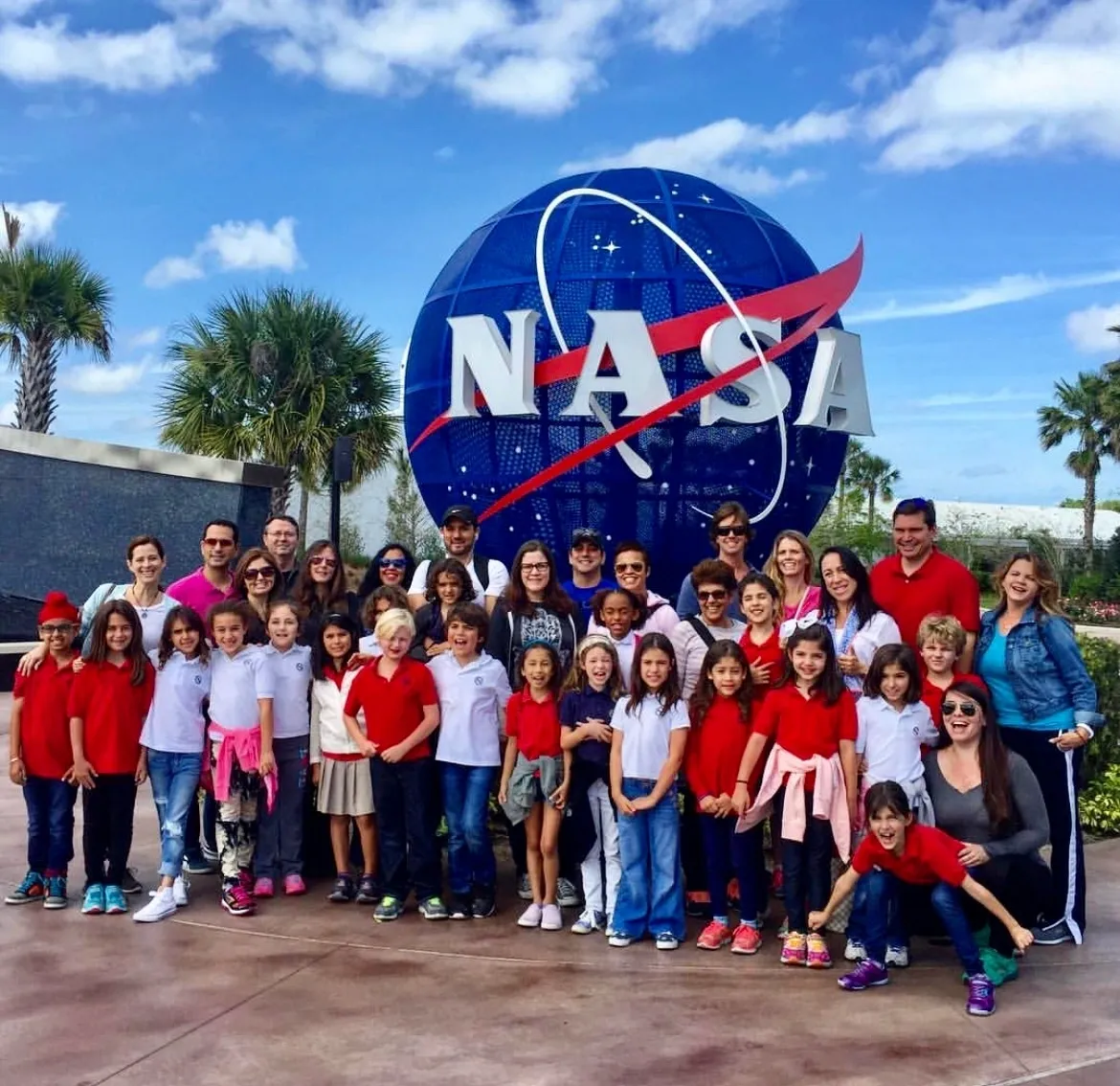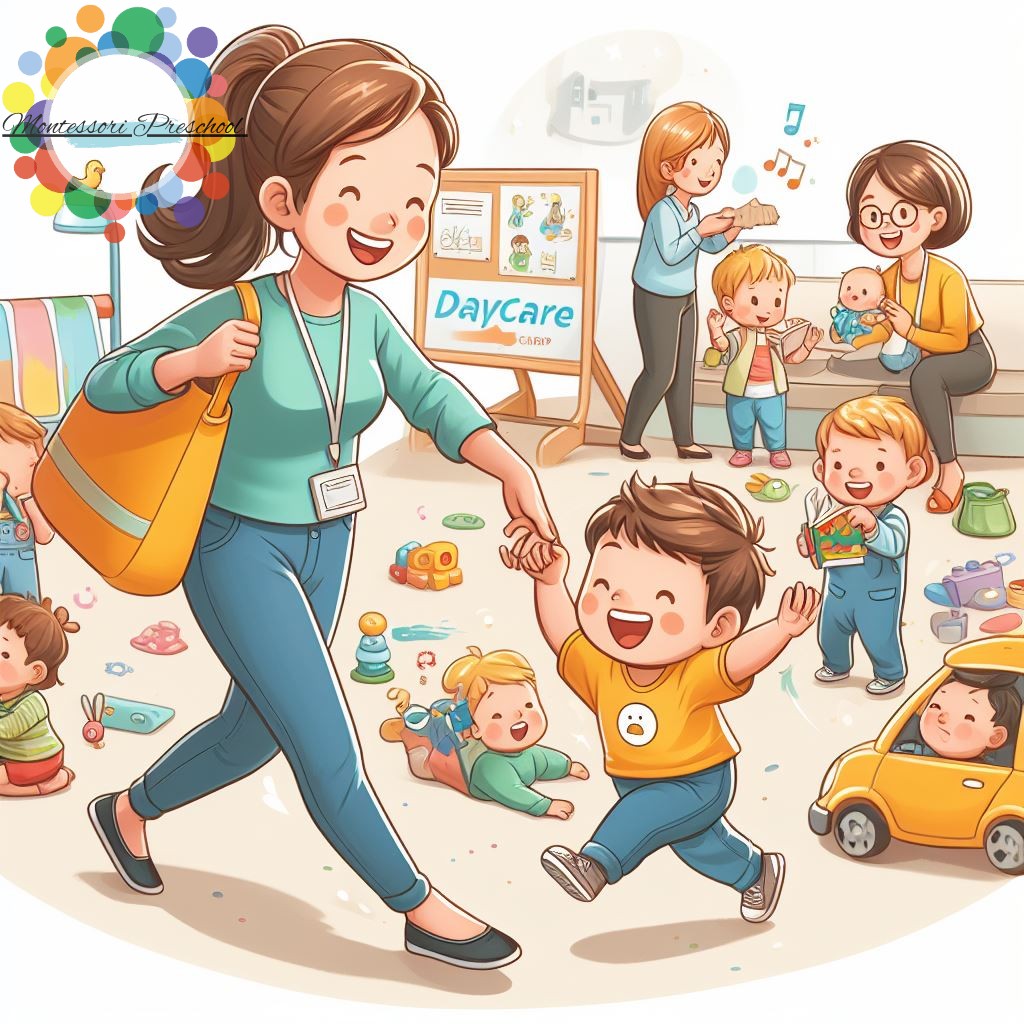
Montessori education has long been recognized as a highly effective approach for early childhood education. However, many parents and educators are unaware of the benefits that Montessori can offer to middle schoolers. In this comprehensive guide, we will explore the advantages of Montessori for middle school students and shed light on how this innovative educational method can shape their learning experience, foster their personal growth, and prepare them for success in high school and beyond.
The Montessori Approach: A Brief Overview
Montessori education, developed by Dr. Maria Montessori in the early 20th century, is an educational approach that emphasizes independence, freedom within limits, and respect for the child’s natural psychological, physical, and social development. It is designed to cultivate a lifelong love of learning and foster the holistic development of each student.
Montessori Principles and Philosophy
The Montessori approach is built upon a set of principles that guide the educational philosophy and practices. These principles include the child’s natural curiosity and love for learning, the importance of the prepared environment, respect for the child’s developmental needs, and the role of the teacher as a facilitator in the learning process.
Montessori Environment: Designed for Success
Montessori classrooms are carefully designed to create an environment that promotes engagement, exploration, and independence. The furniture, materials, and layout of the classroom are intentionally selected to encourage movement, collaboration, and learning at the student’s own pace.
Independence and Self-Directed Learning
One of the key aspects of Montessori education is the emphasis on fostering independence and self-directed learning. Students are given the freedom to choose their activities and materials, which encourages them to take ownership of their education and develop essential skills such as time management, self-discipline, and problem-solving.
Mixed-Age Classrooms: Encouraging Collaboration and Leadership Skills
In the Montessori approach, students of different ages share the same classroom. This multi-age environment allows for peer-to-peer learning, collaboration, and the development of leadership skills. Older students serve as role models and mentors for younger ones, while younger students benefit from observing and learning from their older peers.
Individualized Learning Plans
Montessori education recognizes that each student has unique learning needs and abilities. Individualized learning plans are created for each student, taking into account their interests, strengths, and areas for growth. This personalized approach ensures that students receive the support and challenges they need to thrive academically and personally.
Hands-On Learning: Engaging the Senses
Montessori classrooms are filled with hands-on learning materials that engage the senses and promote active learning. Students are encouraged to touch, manipulate, and explore these materials, which helps them develop a deeper understanding of concepts and fosters a love for learning.
Holistic Curriculum: Integrating Academics and Real-World Experience
Montessori curriculum goes beyond traditional academics, encompassing a broad range of subjects and real-world experiences. The curriculum is designed to integrate various disciplines and provide students with a holistic understanding of the world. Students have the opportunity to explore subjects such as language, mathematics, science, art, music, and cultural studies.
Creativity and Critical Thinking: Nurturing Skills for the Future
Montessori education places a strong emphasis on nurturing children’s creativity and critical thinking skills. Students are encouraged to think outside of the box, ask questions, and find innovative solutions to problems. This approach prepares them for the challenges of the future and develops skills that are highly valued in the 21st century.
Building a Strong Sense of Community
Montessori classrooms foster a sense of community and belonging among students. Cooperative learning activities, group projects, and classroom meetings promote collaboration, empathy, and mutual respect. Students learn to appreciate and value the diversity of their peers and develop strong interpersonal skills.
Cultivating Empathy and Social Responsibility
Montessori education places a strong emphasis on cultivating empathy and social responsibility in students. Through activities such as community service projects, environmental initiatives, and discussions on social issues, students develop a deep understanding of their role as global citizens and are encouraged to make a positive impact on the world.
Promoting Emotional Intelligence and Resilience
Emotional intelligence and resilience are vital skills for success in life. Montessori education recognizes the importance of social-emotional development and provides students with opportunities to explore and express their emotions in a safe and supportive environment. Through activities such as conflict resolution, mindfulness exercises, and self-reflection, students develop emotional intelligence and resilience.
Technology in Montessori: A Balanced Approach
While Montessori education emphasizes hands-on learning and physical materials, technology is also integrated into the curriculum in a balanced and purposeful way. Students have access to age-appropriate technology tools and resources, which are used to enhance learning, research, creativity, and collaboration.
Developing Executive Functioning Skills
Executive functioning skills, such as planning, organizing, and self-regulation, are crucial for success in school and life. Montessori education provides numerous opportunities for students to develop these skills through a structured yet flexible learning environment. Students learn to manage their time, set goals, prioritize tasks, and take responsibility for their own learning.
Montessori Assessment and Evaluation: Moving Beyond Grades
Traditional grading systems often focus solely on test scores and fail to capture the full range of a student’s abilities and progress. In Montessori education, assessment is a comprehensive and ongoing process that takes into account the student’s growth, development, and mastery of skills. Teachers use a variety of tools and methods, including observation, self-assessment, portfolios, and conferences, to evaluate student progress and provide meaningful feedback.
Transitioning to High School: Benefits of Montessori Education
Transitioning from middle school to high school can be a challenging period for students. Montessori education equips students with the skills, confidence, and self-motivation necessary for a successful transition. Students who have experienced Montessori education are often well-prepared for the increased independence, responsibility, and academic rigor of high school.
Supporting Students with Diverse Learning Needs
Montessori education is known for its inclusive approach to education, which supports students with diverse learning needs. The individualized learning plans and flexible curriculum in Montessori classrooms allow for differentiated instruction and support for students with learning disabilities, giftedness, or other special needs.
Parental Involvement: A Partnership in Education
Montessori education recognizes the importance of a strong partnership between parents and educators. Parents are encouraged to actively participate in their child’s education through frequent communication, classroom observations, parent-teacher conferences, and volunteering opportunities. This collaboration ensures that the child’s unique needs and interests are supported both at home and in school.
Montessori Accreditation and Certification
Montessori schools can undergo a voluntary accreditation process to ensure the quality and fidelity of Montessori education. Accrediting bodies, such as the Association Montessori Internationale (AMI) and the American Montessori Society (AMS), set standards and guidelines that schools must meet to receive certification. Accreditation provides assurance to parents and educators that a school follows the authentic Montessori principles and practices.
Research and Evidence: The Effectiveness of Montessori in Middle School
Numerous studies have been conducted to evaluate the effectiveness of Montessori education in middle school settings. Research has shown that Montessori middle school students often outperform their peers in traditional educational settings in areas such as academic achievement, critical thinking, problem-solving, collaboration, and motivation.
Montessori and Standardized Testing
Standardized testing has become a prevalent aspect of mainstream education. Montessori education takes a different approach to assessment and evaluation, focusing on the holistic development of the child rather than test scores. While Montessori students may participate in standardized tests, the emphasis is placed on a broader range of skills and abilities that go beyond what is measured by these tests.
Challenges and Misconceptions
While Montessori education has proven to be highly effective, there are also challenges and misconceptions associated with its implementation. These include misconceptions about the lack of structure, the role of the teacher, and the integration of technology. It is important to address these challenges and misconceptions to fully understand and appreciate the benefits of Montessori for middle school students.
Montessori in the Digital Age
In an increasingly digital world, it is important to consider how Montessori education can adapt to the changing needs and demands of students. Montessori schools are embracing technology in a thoughtful and intentional manner, integrating digital tools and resources into the curriculum while maintaining the principles and values of the Montessori approach.
Montessori vs. Traditional Education: A Comparative Analysis
Montessori education differs significantly from traditional education in its approach, philosophy, and methods. A comparative analysis of these two educational approaches can provide valuable insights into the unique benefits offered by Montessori for middle school students, highlighting the advantages of a personalized, self-directed, and holistic learning experience.
Montessori-esque Approaches in Mainstream Education
While Montessori education remains a distinct educational approach, elements of the Montessori philosophy and practices have been incorporated into mainstream educational settings. These Montessori-esque approaches aim to embrace the pedagogical principles of Montessori, such as student-centered learning, individualization, and hands-on exploration, within a traditional educational framework.
Success Stories: Personal Accounts of Montessori Middle School Graduates
Personal accounts and testimonials from Montessori middle school graduates can provide firsthand insights into the impact of Montessori education on their lives. These narratives highlight the benefits of Montessori in fostering lifelong learners, independent thinkers, curious explorers, and responsible global citizens.
Implementing Montessori in Public Schools
Montessori education was initially developed for private settings, but there is a growing interest in implementing the Montessori approach in public schools. This section explores the challenges, benefits, and strategies for introducing Montessori education within the public school system, making it accessible to a wider range of students.
Resources for Further Reading and Exploration
For readers interested in delving deeper into the topic of Montessori for middle schoolers, this section provides a list of recommended resources, including books, research papers, websites, and organizations. These resources offer a wealth of information, insights, and perspectives on Montessori education and its benefits.
Conclusion
Montessori education has a multitude of benefits for middle school students, offering them a unique learning experience that nurtures their individuality, fosters their personal growth, and prepares them for future success. Through its principles, hands-on learning, individualized instruction, and holistic curriculum, Montessori empowers students to become lifelong learners, critical thinkers, and compassionate individuals. By embracing the advantages of Montessori for middle schoolers, parents and educators can provide their children with an education that truly prepares them for a rapidly changing world.



